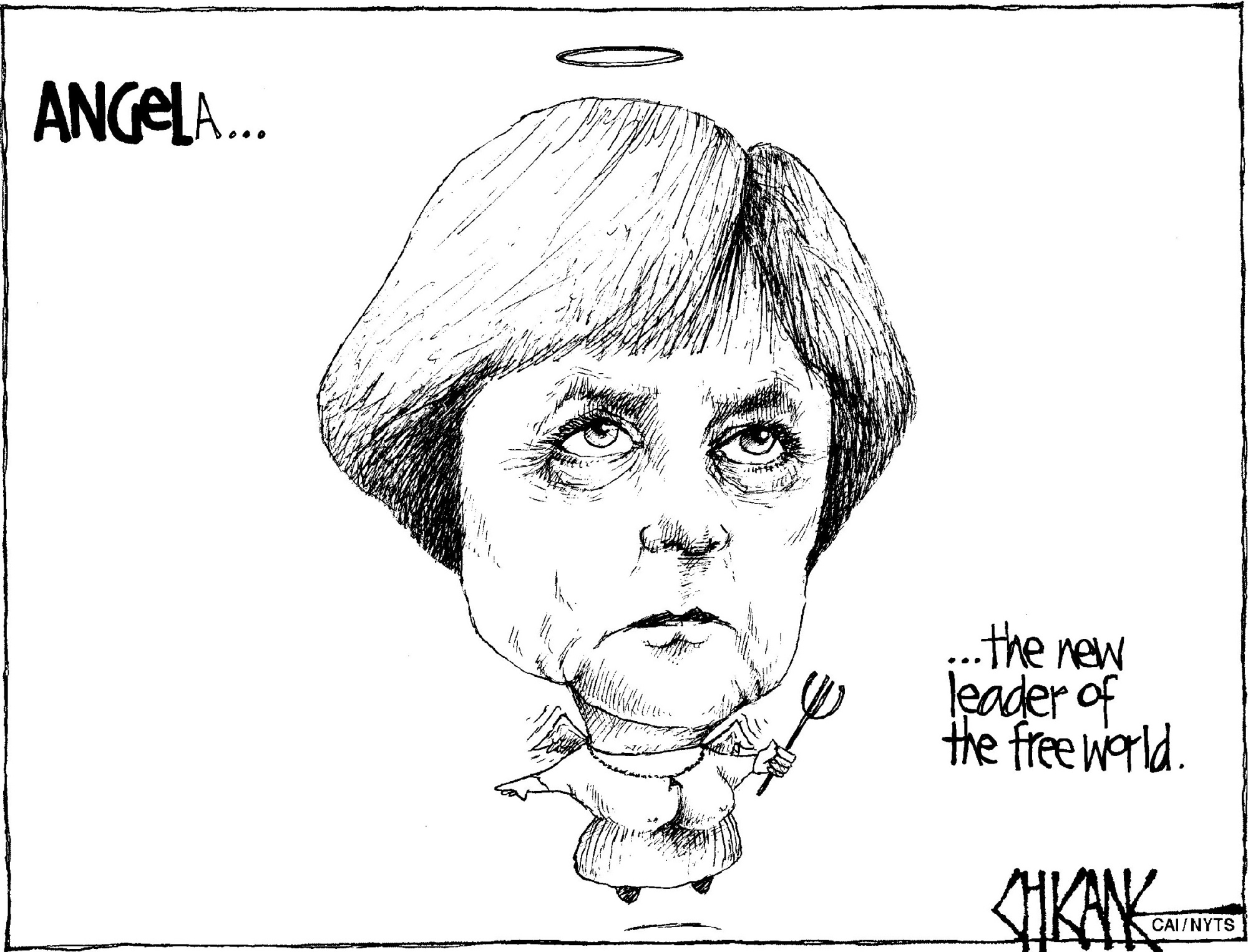Germans choose a government on Sept. 24, and that government is likely to be headed, for the 12th year running, by Angela Merkel. The uncharismatic 63-year-old from East Germany may not have captured her fellow Germans' hearts, but she has appealed so strongly to their rational selves that polls suggest they find no reason to replace her.
Under her chancellorship, Germany has changed in a fundamental sense. Her former adviser, Nikolaus Meyer-Landrut, told a small group two years ago that — according to Spiegel magazine — "today, with matters concerning the euro, Germany finds itself in a different position. It must now enforce a policy (of austerity) regarded by its partners as extreme. This unavoidably changes perceptions of the country." "Enforce" and "extreme" are not words with which Germany has liked to be associated, and Merkel herself would never use them publicly. But Meyer-Landrut was telling the truth. Germany is Europe's leader.
The fact that the German word for leader is "fuhrer," is a large reason for the sensitivities. The horrors which "Der Fuhrer" Adolf Hitler and his Nazis visited on Europe, especially the Holocaust, remain driven deep into global consciousness. The swastikas displayed during a mid-August neo-Nazi march supporting Confederate statues in the U.S. city of Charlottesville, Virginia, roused more disgust than other symbols because they have come to be shorthand for evil.



















With your current subscription plan you can comment on stories. However, before writing your first comment, please create a display name in the Profile section of your subscriber account page.